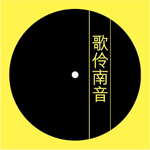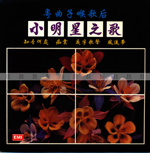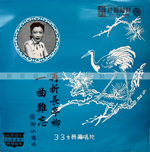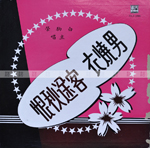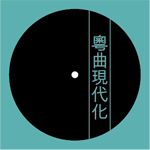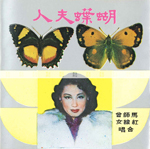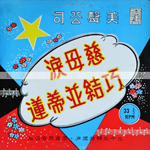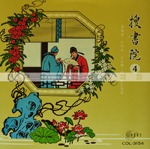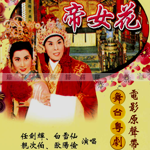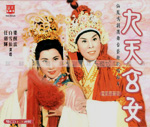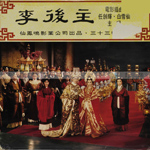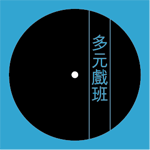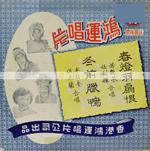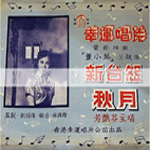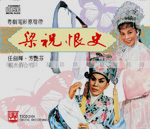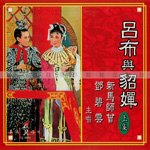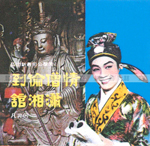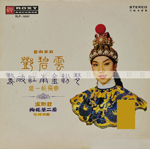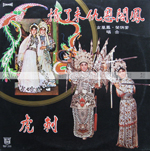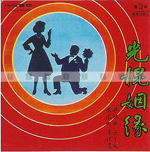Since the early twentieth century, Hong Kong has always been an important venue for Cantonese opera development. After 1949, as a result of political turmoil in the Mainland, performers and troupes converged and resettled in the territory, leading to a tremendous prospering of Cantonese opera in the subsequent decade. This development is linked intimately with the rise of the electronic media.
Performers and troupes began to grasp the possibilities offered by film and radio to re-examine age-old performance practices with regard to acting, singing, script writing, instrumentation, and stage set-up. They brought in novel elements from the theatre and movie world, and participated in the production of films and records. With these acts, they are extending the movement to modernize Cantonese opera that began in the 1930s.
Wong Jum-sum was thoroughly immersed in the world of Cantonese opera from young. Through his close encounter with master performers like Hung Sin-nui, Ma Si-tsang, Yam Kim-fai, Pak Suet-sin and Tong Dik-sang, he witnessed first hand the modernization of Cantonese opera, and was mightily moved by the adventure and passion he saw.
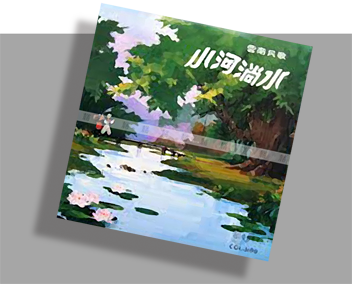

作詞:尹宜公、高梁
作曲:尹宜公、高梁
主唱:黃虹
月亮出來亮汪汪
想起我的阿哥在深山
哥像月亮天上走 天上走
哥阿 哥阿 哥阿
下山小河淌水清悠悠
月亮出來照半坡
望見月亮想起我的阿哥
一陣清風吹上坡 吹上坡
哥阿 哥阿 哥阿
你可聽見阿妹叫阿哥
